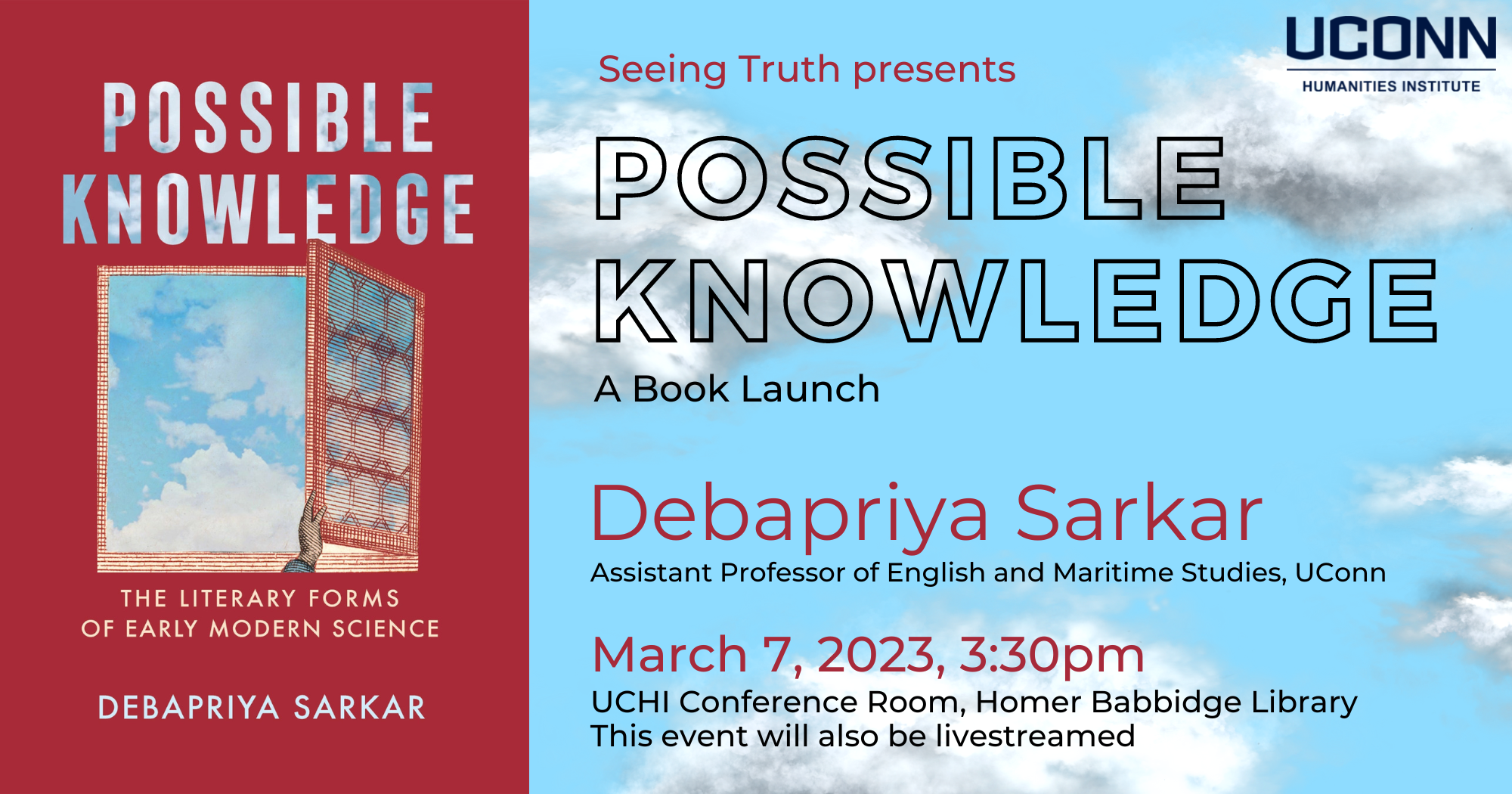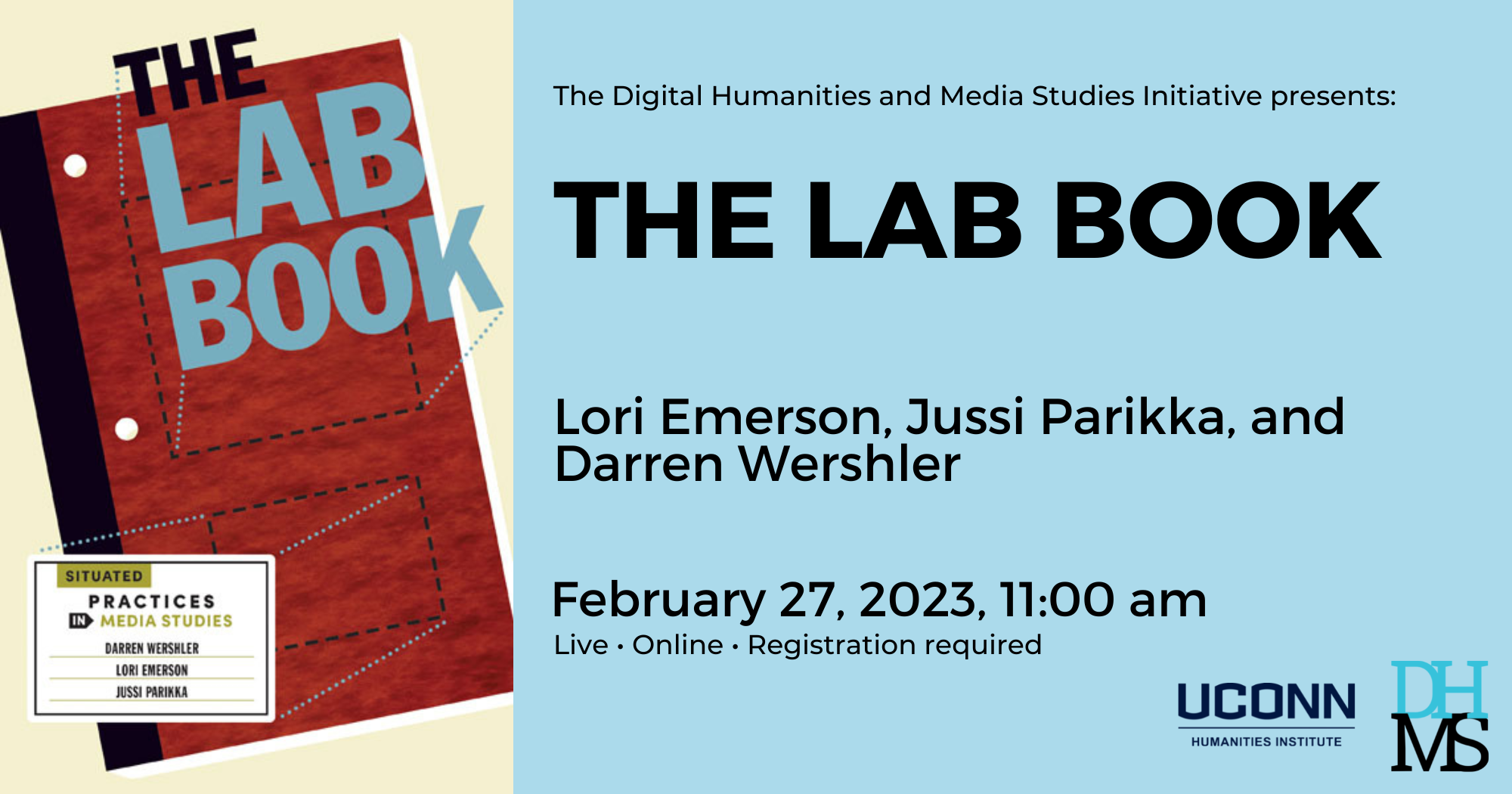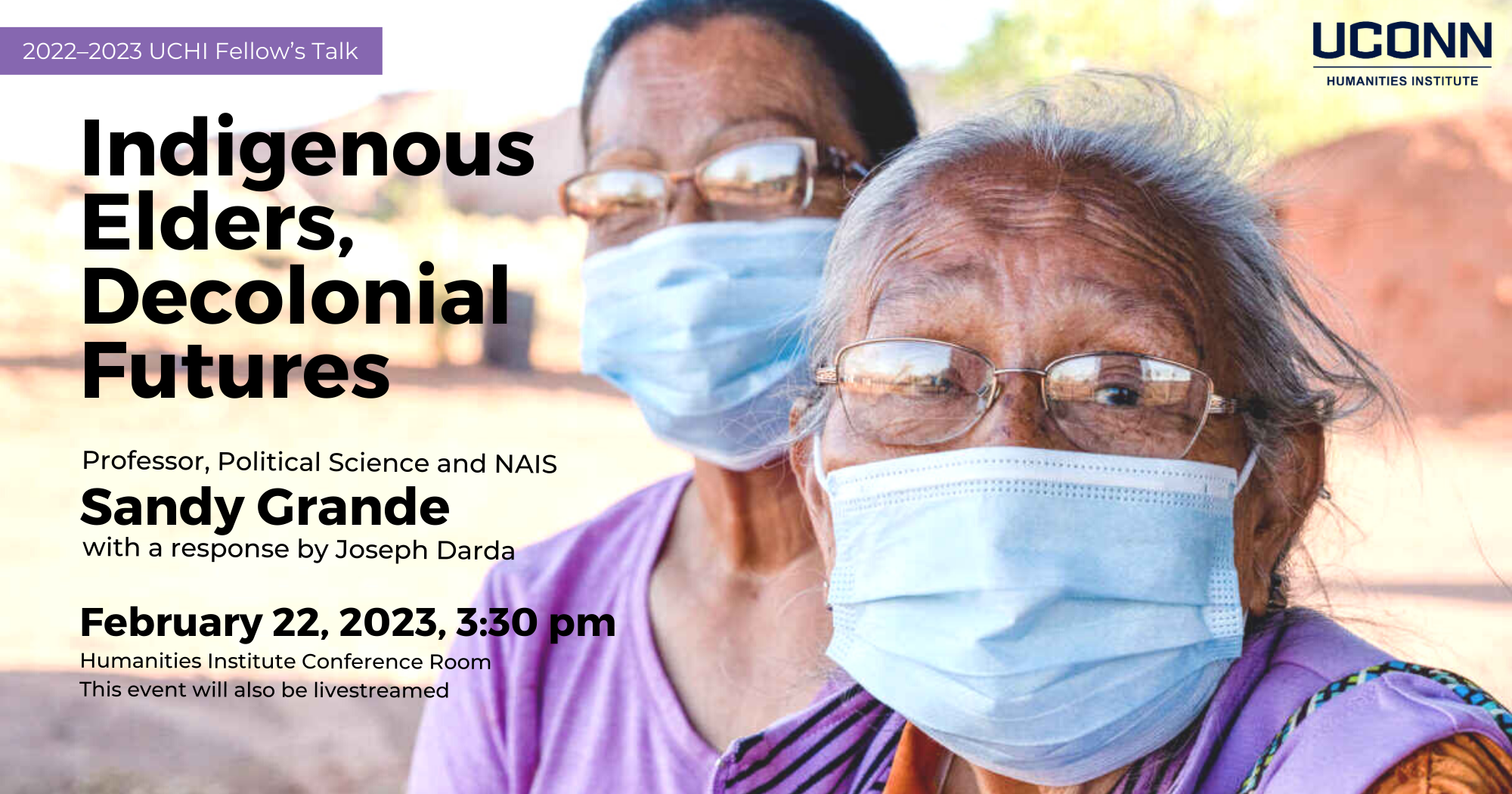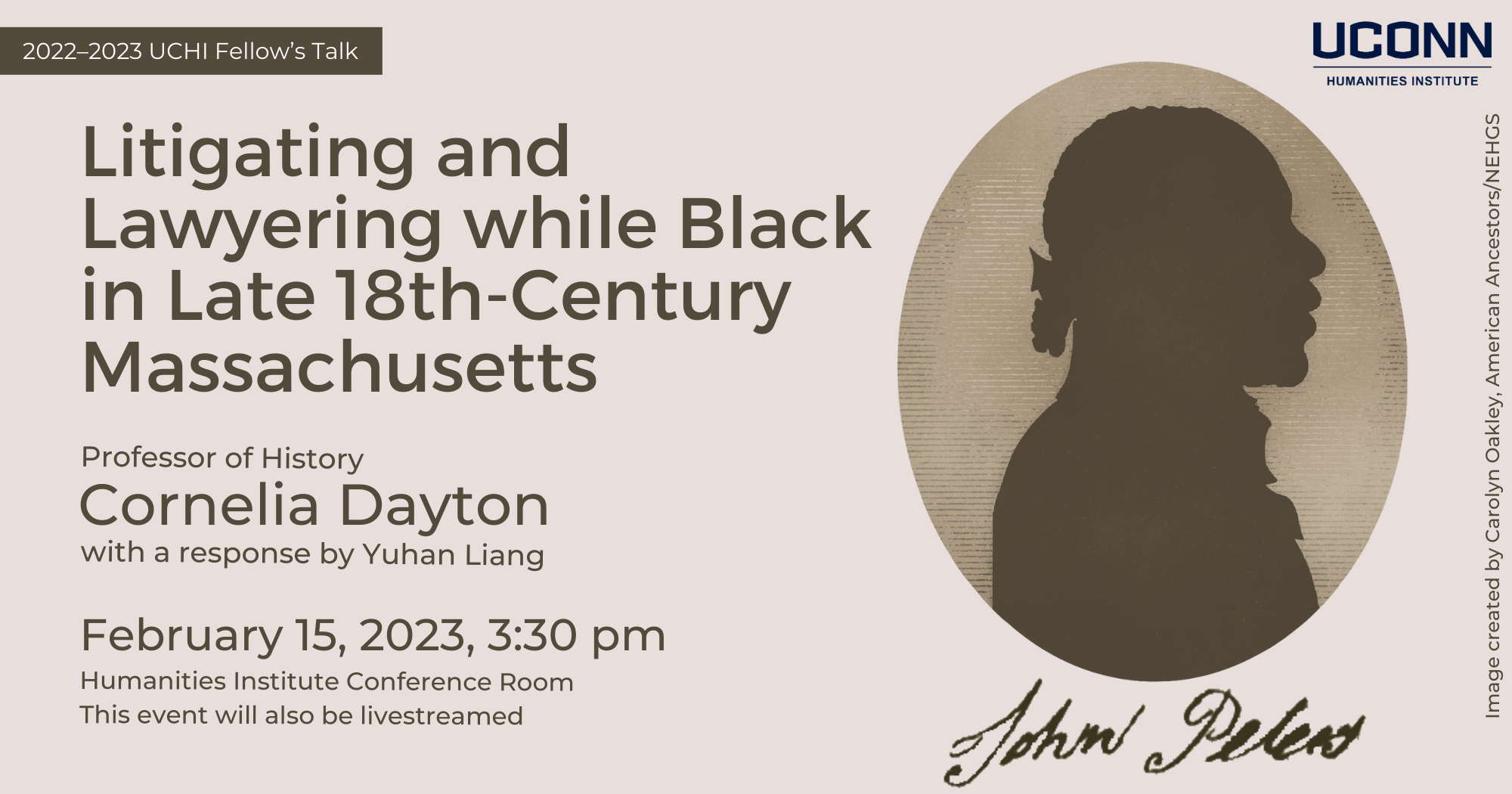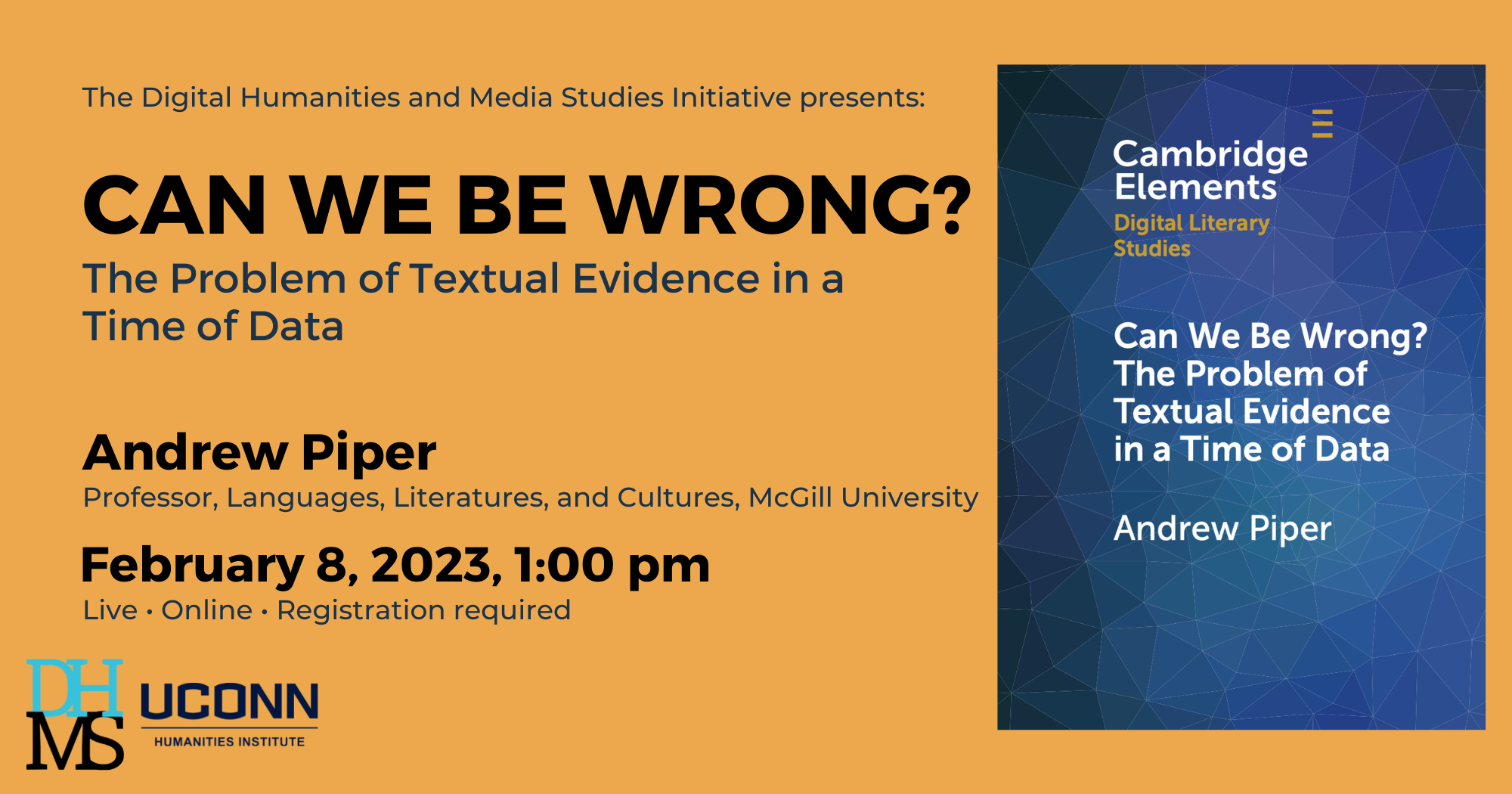
Gendered Sovereignty: Feminist Politics, Law, and Violence in Egypt and Tunisia (2011–2017)
Hind Ahmed Zaki (Assistant Professor of Political Science and Literatures, Cultures, & Languages, UConn)
with a response by Britney Murphy (Ph.D. Candidate, History, UConn)
Wednesday, February 8, 2023, 3:30pm, Humanities Institute Conference Room (HBL 4-209)
Add to Google calendar Add to Office 365 calendar Add to other calendar
The event will also be livestreamed with automated captioning.
Register to attend virtually
The few months following the uprisings in Egypt and Tunisia in 2010–2011, more widely known as the first wave of the Arab spring, were an exhilarating time for a diverse set group of feminists. New women-led groups were forming at an astonishing rate, with new feminist initiatives and collectives springing up every day. These initiatives ranged from seeking to influence post-revolutionary constitutions, negotiating women’s safety in public and at home, fighting for increased political participation, and holding state agents accountable for committing acts of gender-based violence. Despite their diversity, these groups shared an engagement with the Law as the main tool for improving the status of women. All saw the uprisings as an opportunity to negotiate laws that had produced the gendered legal categories they had to contest everywhere.
This talk situates feminist activism in the context of the Arab spring within broader political struggles over the limits of state’s authority in the aftermath of uprisings. I theorize outcomes of feminist politics through a new framework that I term gendered sovereignty: the web of attachments, procedurals, and identities that are formed in relation to histories of state sponsored legal feminism that are, in turn, closely tied with longer histories of authoritarian rule. I draw on three years (2013–2017) of multi-cited ethnographic field work, 200 in-depth interviews, archival research, NGO reports, court cases, draft by-laws, transcripts of transitional justice proceedings, to illuminate the ways in which histories of state-sponsored feminist were implicated in the production of local notions and practices of state sovereignty over the long durée, and the ways in which contemporary feminist movements challenged gendered practices of state sovereignty following the uprisings. Applying this framework comparatively to the cases of Egypt and Tunisia, I show how in Tunisia, legal reforms related to combatting gender-based violence played a major role in reinstating state power and authority; while in Egypt sovereignty and prestige were restored through the suspension of juridical and legal state powers, and the use of state-sanctioned gendered violence. Ultimately, I argue that feminist identities created through affective, procedural, and legal attachments to histories of state-sponsored feminism, not only influenced the political outcome for women’s rights, but also reshaped state sovereignty through reproducing, reinforcing, and challenging the prerogative and carceral powers of the authoritarian states. As such, this research project places feminist projects at the heart of broader struggles for democratization, human dignity and rights. It also questions common liberal assumptions about the links between gender justice and the rule of law, especially in transitional political contexts.
Hind Ahmed Zaki an Assistant Professor of Political Science and Literatures, Cultures, and Languages. She joined UConn in 2019 and received her Ph.D. in Political Science from the University of Washington in Seattle in 2018. Prior to joining UConn, Dr. Ahmed Zaki was the Harold Grinspoon postdoctoral fellow at Brandies University (2018/2019), and Middle East Initiative Postdoctoral Research Fellow at the Harvard Kennedy School. Her scholarly interests span feminist political theory and praxis, transnational feminist movements and politics, gender-based violence, and comparative politics of the state, with a special focus on the Middle East and North Africa. Dr. Ahmed Zaki’s research is published in several languages. She has been an elected member at large of the board of the Association for Middle East Women’s Studies (AMEWS) since 2018.
Britney Murphy is a doctoral candidate in the History Department. Her research interests include modern U.S. history, urban history, environmental justice, food access, and volunteerism. While at UCHI, Britney will complete her dissertation, “Outsiders Within: Volunteers in Service to America and the Boundaries of Citizenship, 1962–1971.”
Access note
If you require accommodation to attend this event, please contact us at uchi@uconn.edu or by phone (860) 486-9057. We can request ASL interpretation, computer-assisted real time transcription, and other accommodations offered by the Center for Students with Disabilities.
